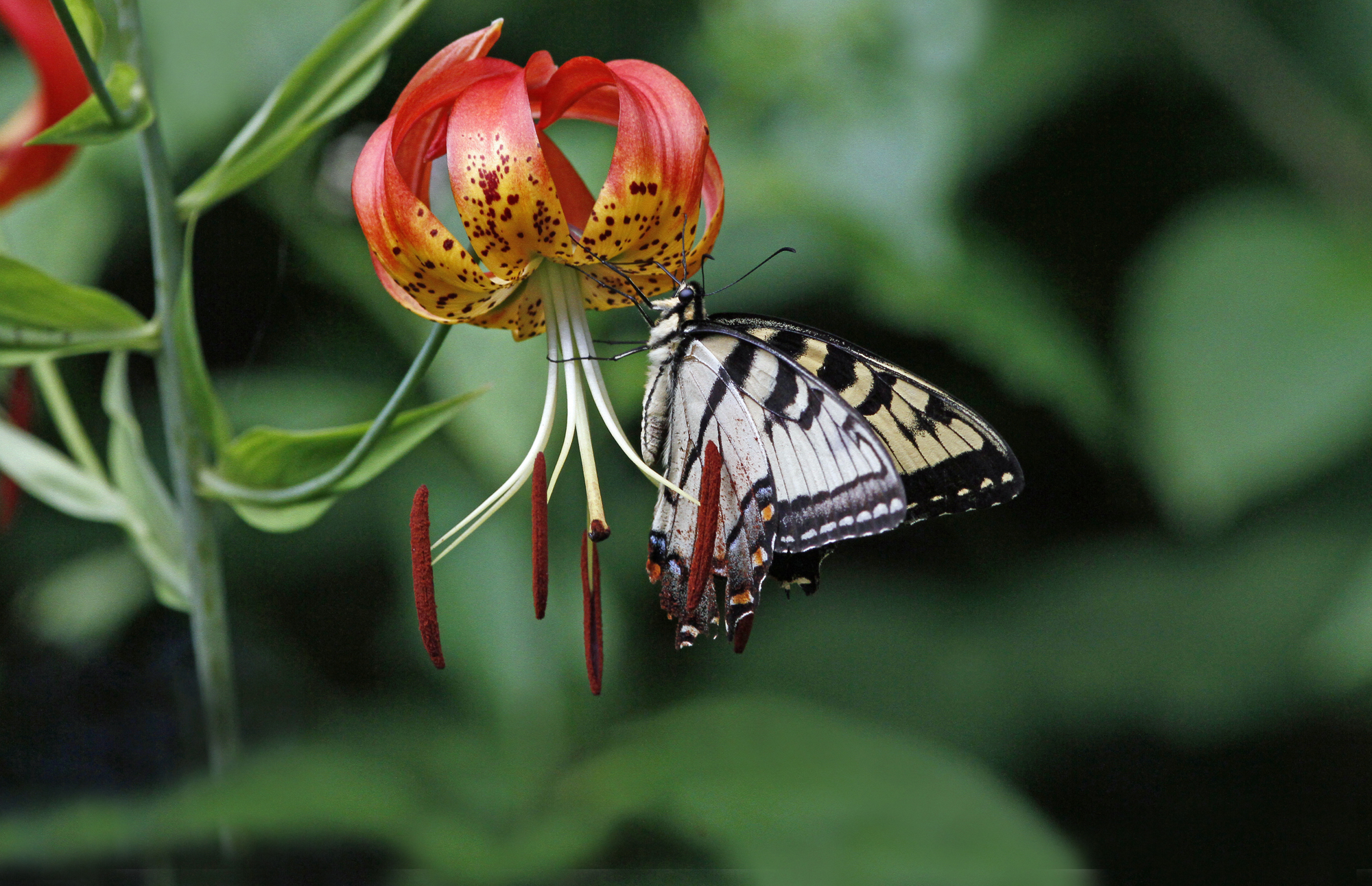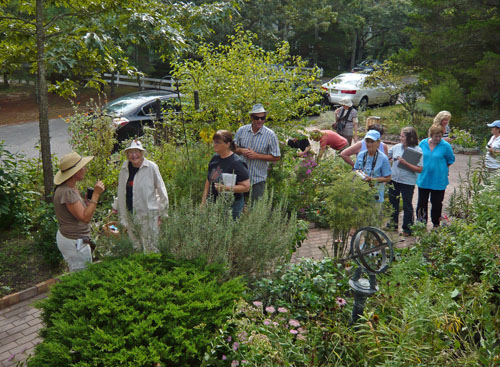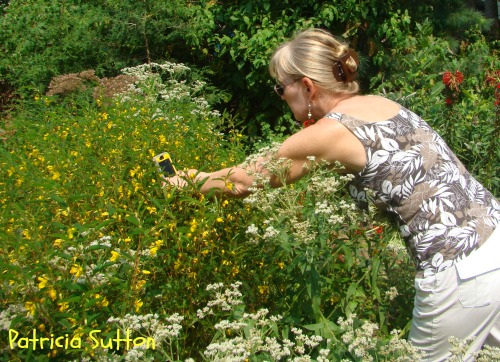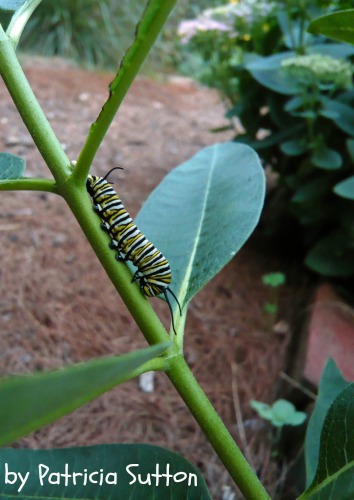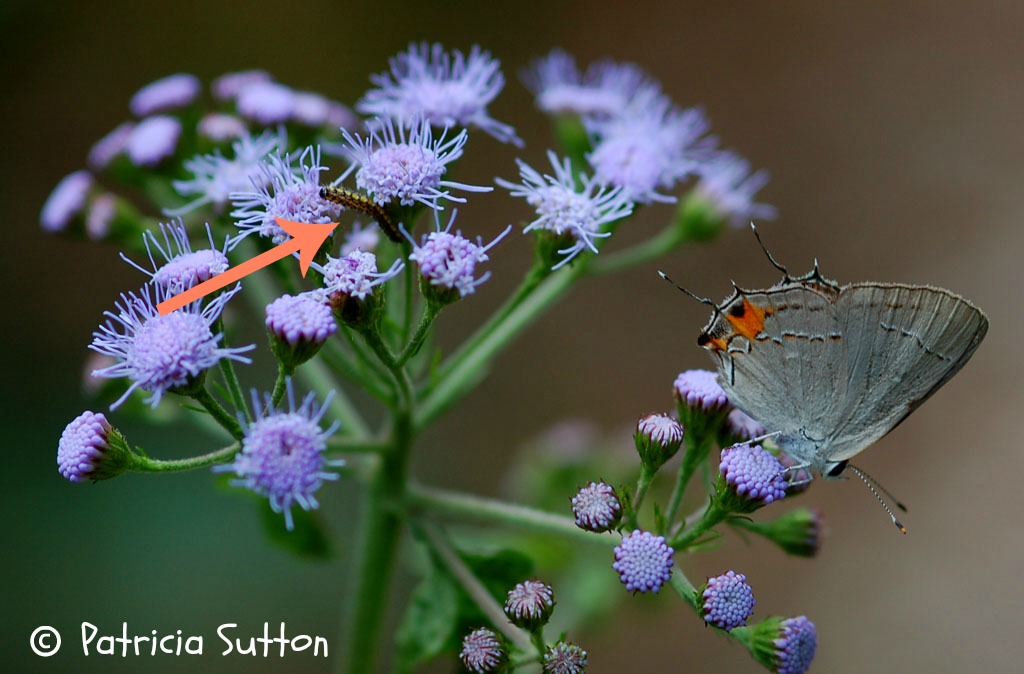
This year I’ve added two brand new topics,
so there will be 7 in-depth
“Gardening for Wildlife With Native Plants” Workshops (pdf)
on select Saturdays and Sundays
March 11 – April 1, 2017
the perfect time to shake off winter
and begin planning and planting
(or enhancing) your property and wildlife garden
Learn to create gardens and habitats in little time. Learn of the best plants for wildlife and sources of locally grown natives. Learn how to save money by encouraging seed production rather than hampering it with traditional gardening practices. See immediate results by implementing wildlife-friendly garden practices rather than traditional wildlife death-trap practices. Benefit from maintenance tips and advice so that your habitat looks its best.
Many (1000s) have taken these workshops, been empowered, and created habitats that have given them pleasure for years to come.
If you have taken one of these workshops with me and would like to share a one-liner (or more) about them that might help others realize their value, I’d be most grateful. Add your comment(s) in the comment section following this post (I may use your comments as I continue to promote these workshops, so THANKS).

Imagine walking out your own door into a habitat that YOU created, a habitat that fills up with wildlife visitors galore: hummingbirds, butterflies, caterpillars, chrysalises, dragonflies, ladybugs, many different native bees, beetles and other fun pollinators, songbirds, frogs, turtles, moths at night, and more! Every walk down your garden path is full of wonder, learning, delight, awe . . . almost like traveling to an exotic land, but that exotic place is your own back (or front) yard. There is nothing more gratifying than knowing that you provide safe haven for all these creatures.
Consider joining me for one, several, or all seven of these workshops (discounted fees when you sign up for 3 or more workshops). Native plants and wildlife-friendly practices are the key and will be emphasized and detailed throughout.
I present a zillion one- to two-hour programs each year and maybe you’ve attended a few of these. I love teaching them, but (with only one or two hours) they are more one-sided presentations, me sharing fun natural history information and images with you, the audience.

These full-day workshops offer the opportunity to be far more in-depth and interactive and are more likely to empower you, take you to the next level. Take advantage of this special opportunity to educate yourself. Don’t count on landscapers or nursery owners; sadly many of them are not well informed about native plants and wildlife gardening practices. I have heard my share of horror stories where folks have paid dearly for a butterfly garden of native plants and instead ended up with a bed of non-native invasives.
The 5-hour format (10 a.m. to 3 p.m.) allows for:
- an interactive workshop atmosphere
- each workshop covers a unique aspect of wildlife gardening (in-depth)
- each workshop builds on the others, but is not repetitive (so you’ll want to try and attend all 7 to maximize your learning opportunity)
- resources (handouts and circulated books) that are key to your learning and understanding will be shared and showcased
- you’ll learn how to utilize these resources (find answers to burning questions you may have)
- time for in-depth questions
- time for in-depth answers
- during a working lunch we’ll brainstorm (as a group) each participant’s specific challenges (you’ll draw a rough sketch of your yard and submit a photo of your sketch that I’ll project so we can all see it for this brainstorming)
- time to get to know one another and learn from each other (of garden triumphs and tribulations, successes and pitfalls). Nothing beats collective experience and roundtable discussion
- each workshop will culminate in a site visit to a nearby backyard habitat (including my own and others) where wildlife-friendly practices and design and plant selections will be showcased

Take advantage of the discount by signing up for 3 or more workshops.
So, what do you say! Will I see you in March and early April?
2017 “GARDENING FOR WILDLIFE WITH NATIVE PLANTS ” WORKSHOPS with Pat Sutton (pdf)
for NJ Audubon’s Nature Center of Cape May
1600 Delaware Avenue, Cape May, NJ 08204 (609-427-3045)
- Saturday, March 11 – How to Create a Backyard Habitat
- Sunday, March 12 – Lose the Lawn, Create a Wildflower Meadow Instead (from small “Pocket Meadow” up to sizable meadows)
- Saturday, March 18 – How to Create a Pollinator Garden (to benefit Butterflies, Hummingbirds, Moths, Bees, & More)
- Sunday, March 19 – Plant Wars: How to Recognize and Deal With Invasive Plant Species
- Saturday, March 25 — How to Create a No-Fuss Wildlife Pond
- Sunday, March 26 — How to Make Messy Look Good (Maintenance Tips & Advice) & Shade Gardening (2 NEW topics packed into one session)
- Saturday, April 1 – Landscape Design With Wildlife in Mind
Where: Please note that the 7 workshops in this series will be held at the Cape May Bird Observatory Center for Research & Education, 600 Rt. 47 N, Cape May Court House, NJ 08210 and not at the Nature Center of Cape May in Cape May.
Time: 10:00 a.m. to 3:00 pm.
Limit: 20 participants; preregistration required (through NJ Audubon’s Nature Center of Cape May, 1600 Delaware Avenue, Cape May, NJ 08204; 609-427-3045 — if you reach the message machine, leave a message — your call will be returned).
Cost/workshop (includes handouts):
$40 member of NJ Audubon Society, $50 nonmember
Sign up for three or more workshops for a discount:
$30 each (member); $40 each (nonmember)
Sign up for five or more workshops and receive a FREE ticket to visit Sutton’s garden during peak blooming (dates to be set).


All workshops include a site visit to a nearby wildlife garden (Sutton’s garden and others).
